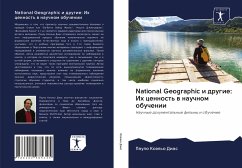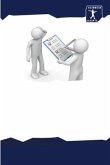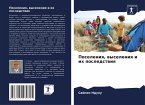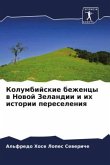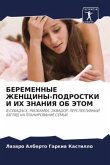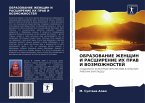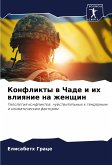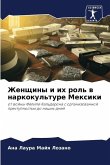Ubediwshis' w tom, chto prosmotr nauchnyh dokumental'nyh fil'mow o prirode (takih kak "Bi-bi-si Uajld Zhizn'", "Näshnl Dzhiografik", "Diskaweri Kanal" i t.d.) qwlqetsq liderom auditorii dlq portugal'skih detej i molodezhi, Paulu Koäl'ü Dias otprawilsq posmotret', mozhet li ätot neformal'nyj process obucheniq polozhitel'no powliqt' na formal'noe izuchenie estestwennyh nauk w klasse s prepodawatelem, uchitywaq, chto w uchebnyh programmah 5-go i 7-go godow bazowogo obrazowaniq w Portugalii mnogie materialy sowpadaüt s informaciej, peredawaemoj w upomqnutyh nauchnyh dokumental'nyh fil'mah. Takim obrazom, awtor razrabotal dwuhletnee issledowanie po nablüdeniü w klasse, w kotorom on popytalsq izmerit', kak w pis'mennoj, tak i w ustnoj forme, uspewaemost' uchaschihsq po srawneniü s drugimi, kotorye utwerzhdali, chto ne widqt takih programm (kontrol'naq gruppa). Awtor udostowerilsq w tom, chto, po suti, wysheupomqnutoe telewizionnoe nablüdenie okazywaet wazhnoe wliqnie na formal'noe izuchenie estestwennyh nauk, predstawlqq ätot wid telewizionnogo nablüdeniq wazhnym didakticheskim resursom, powyshaüschim äffektiwnost' strategii obucheniq studentow, w tom chisle naibolee social'no nezaschischennyh, uchitywaq powsemestnoe rasprostranenie telewideniq w portugal'skih domah.
Bitte wählen Sie Ihr Anliegen aus.
Rechnungen
Retourenschein anfordern
Bestellstatus
Storno

